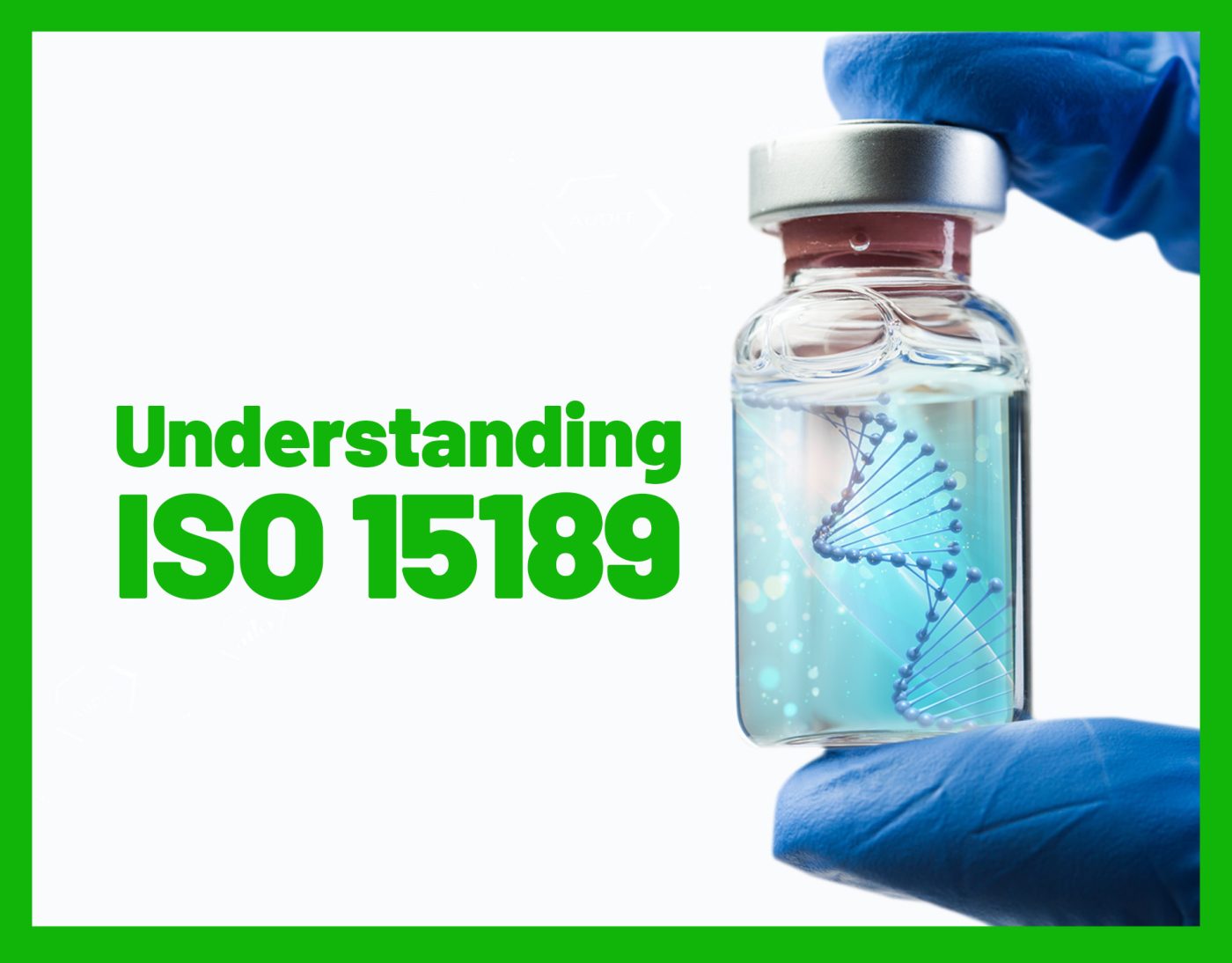Understanding ISO 15189
This course provides detailed information about the requirements in the ISO 15189:2022 Standard; how these requirements are applied in practice; the controls required to manage patient risk; and the tools and management system needed to support successful medical laboratory operation.
This comprehensive course covers all aspects of the recently revised Standard and is not primarily intended to identify or focus on the differences between the old and revised versions of ISO 15189.

Quicklinks
Course overview
This course develops understanding of the requirements of the international standard ISO 15189 and an overview of the requirements for NATA/RCPA medical laboratory accreditation in the Australian context which incorporates:
- ISO 15189
- the National Pathology Accreditation Standards, and
- the TGA regulatory framework
This course:
- is designed to develop understanding of the accreditation and regulatory requirements for medical laboratories in Australia
- explains the requirements in detail so participants can work more knowledgeably and confidently with the relevant Standards
- identifies how the laboratory’s management system needs to align to the requirements to ensure conformance
“In depth coverage of specific clauses within the standard and engaging problem-solving exercise.
Oliver Van Wageningen – IH MEDR SA Pathology 1
Course objectives
By the end of this course, participants will be able to:
- describe the requirements of ISO 15189 and corresponding National Pathology Accreditation Standards
- align these requirements to relevant laboratory systems and processes and the laboratory’s management system
- identify and address patient risks associated with medical laboratory procedures
What you will learn
The course examines the purpose and application of ISO 15189 in-depth, introduces the corresponding National Pathology Accreditation Standards and is focused on identifying any potential risks associated with each requirement.
As the latest version of ISO 15189 has a higher focus on risk, the course integrates risk identification into each requirement and the elements of the quality management system that need to be addressed.
Ultimately you will learn how conforming to ISO 15189 will ensure your pathology service works effectively and consistently to ensure valid laboratory results.
By the end of the 2-day course, you will be able to:
- Describe the requirements of ISO 15189:2022 and corresponding National Pathology Accreditation Standards
- Align these requirements to relevant laboratory systems and processes and the laboratory’s management system
- Identify and address risks associated with medical laboratory procedures
Specific learning areas:
- General requirements: Key ethical and patient related concepts
- Structural requirements: How the organisation needs to be structured and the governance framework that needs to be in place
- Resource requirements: What is needed to competently perform medical laboratory activities
- Process requirements: Laboratory systems, processes and procedures that ensure technically valid results
- Management system requirements: How to manage quality in the laboratory’s operations and the key management system processes that fulfil the Standard requirements
The content is delivered using engaging course activities which includes individual and group work. There are relevant scenarios to apply the requirements into real-life practice, and opportunities to assess your understanding along the way.
Who should do the course?
This course is for anyone who:
- Would like to become familiar with ISO 15189:2022
- Needs to understand the requirements for NATA/RCPA accreditation which includes the National Pathology Accreditation Standards and TGA regulatory framework
- Works in a human pathology or medical laboratory or service
- Is involved in establishing, implementing and maintaining medical laboratory quality and technical systems
Medical laboratory roles that would benefit from attending this course include:
- Quality managers
- Quality officers
- Laboratory directors
- Laboratory managers
- Laboratory pathologists and scientists
- Internal auditors or audit programme managers
- Hospital pathology testing personnel
- Point of Care Testing (POCT) personnel
The course may also be of interest to medical laboratories who may be considering, or are in the process of becoming, accredited in the NATA/RCPA human pathology program.


Course dates and booking
| Date | Time | Location | Available Spaces | ||
| 11 & 12 September 2024 | 09:00 am - 05:00 pm | Virtual Course | 11 | ||
| 25 & 26 September 2024 | 09:00 am - 05:00 pm | Adelaide | 20 | ||
| 6 & 7 November 2024 | 09:00 am - 05:00 pm | Brisbane | 13 | ||
| 6 & 7 November 2024 | 09:00 am - 05:00 pm | Melbourne | 20 | ||
| 13 & 14 November 2024 | 09:00 am - 05:00 pm | Virtual Course | 15 | ||
| 4 & 5 December 2024 | 09:00 am - 05:00 pm | Sydney | 20 |
